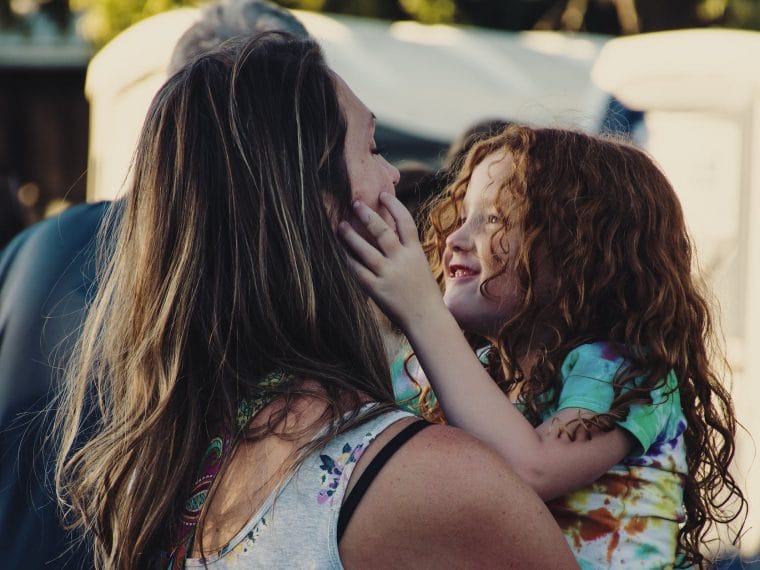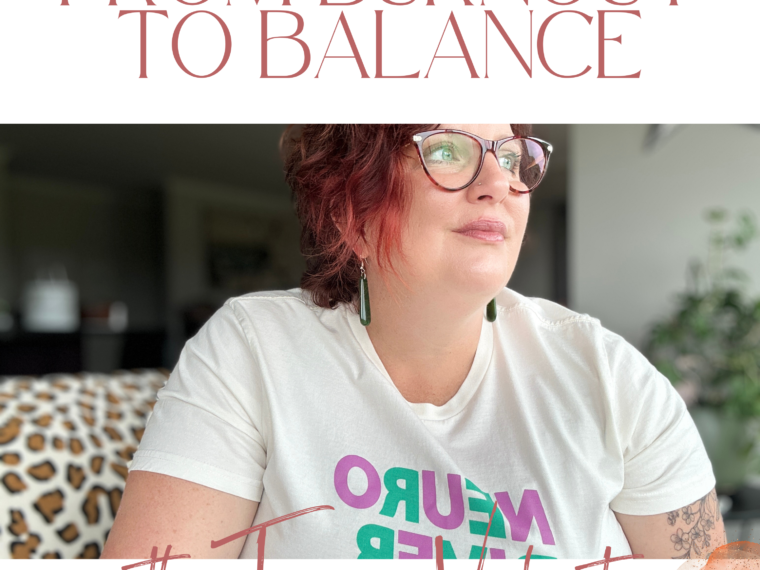Breaking Generational Cycles of Shame, Grief, and Emotional Illiteracy in Parenting When I was a young parent, I came across a Facebook meme that said: I remember reading it late at night, peering down at my sleeping baby and toddler. I made a quiet promise to them right then: This will be our family’s story. […] Read more…







